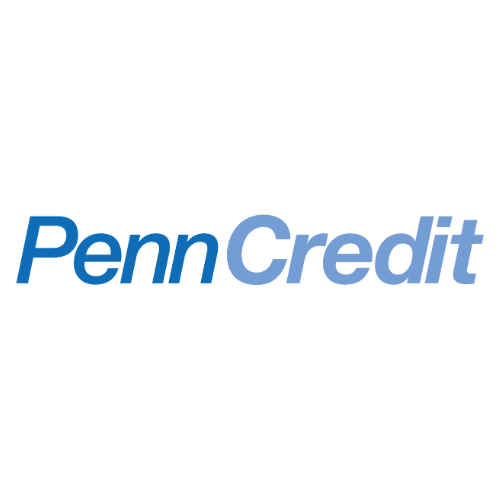When buying a home, choosing the right mortgage is critical to shaping your financial future. With various types of home loans available, understanding the options and selecting the one that suits your needs is essential. Let’s decode the world of mortgages to help you find the perfect fit for your home-buying journey.
1. Understand Your Financial Situation
Begin by evaluating your financial situation. Calculate your budget, consider your down payment, and determine how much you can comfortably pay monthly. This assessment will guide your mortgage selection.
2. Fixed-Rate Mortgage
A fixed-rate mortgage is a popular choice for its stability. The interest rate remains constant throughout the loan term, providing predictable monthly payments. This option is ideal if you value consistency and want to lock in a steady rate.
3. Adjustable-Rate Mortgage (ARM)
An ARM offers an initial fixed interest rate for a specific period, after which the rate adjusts periodically based on market conditions. This option may be suitable if you move or refinance before the adjustable period begins.
4. FHA Loan
Backed by the Federal Housing Administration (FHA), this loan is designed for first-time homebuyers and offers lower down payment requirements and flexible credit qualifications.
5. VA Loan
Exclusive to eligible veterans and military service members, a VA loan provides competitive interest rates, low or no down payment, and no private mortgage insurance (PMI) requirements.
6. USDA Loan
USDA loans cater to homebuyers in rural and suburban areas. They offer low to no down payment options and competitive interest rates.
7. Conventional Loan
Conventional loans are not government-backed and typically require a higher credit score and a larger down payment. However, they offer flexibility regarding loan duration and down payment options.
8. Jumbo Loan
Jumbo loans are suitable for purchasing high-value homes that exceed conforming loan limits. These loans often require higher credit scores and down payments.
9. Consider Closing Costs
Besides the loan type, consider closing costs, including fees like an appraisal, title insurance, and lender charges. Some loans may allow you to roll these costs into the loan, while others may require you to pay upfront.
10. Work with a Mortgage Professional
Navigating the mortgage landscape can be complex. Working with a knowledgeable mortgage professional can help you make informed decisions based on your financial situation and goals.
11. Compare Offers
Request loan estimates from multiple lenders to compare interest rates, fees, and terms. This step ensures you’re getting the best deal possible.
12. Read the Fine Print
Thoroughly review the terms of the mortgage before signing any agreement. Understand any prepayment penalties, adjustable-rate adjustments, and potential fees.
Finding the right mortgage involves careful consideration of your financial situation, loan options, and long-term goals. Whether you opt for a fixed-rate mortgage, an adjustable-rate mortgage, an FHA loan, a VA loan, a USDA loan, a conventional loan, or a jumbo loan, understanding the nuances of each option is vital. Remember to factor in closing costs, work with professionals, compare offers, and read the fine print before deciding. With the right mortgage, you’ll be one step closer to securing your dream home and building a strong financial foundation for your future.

